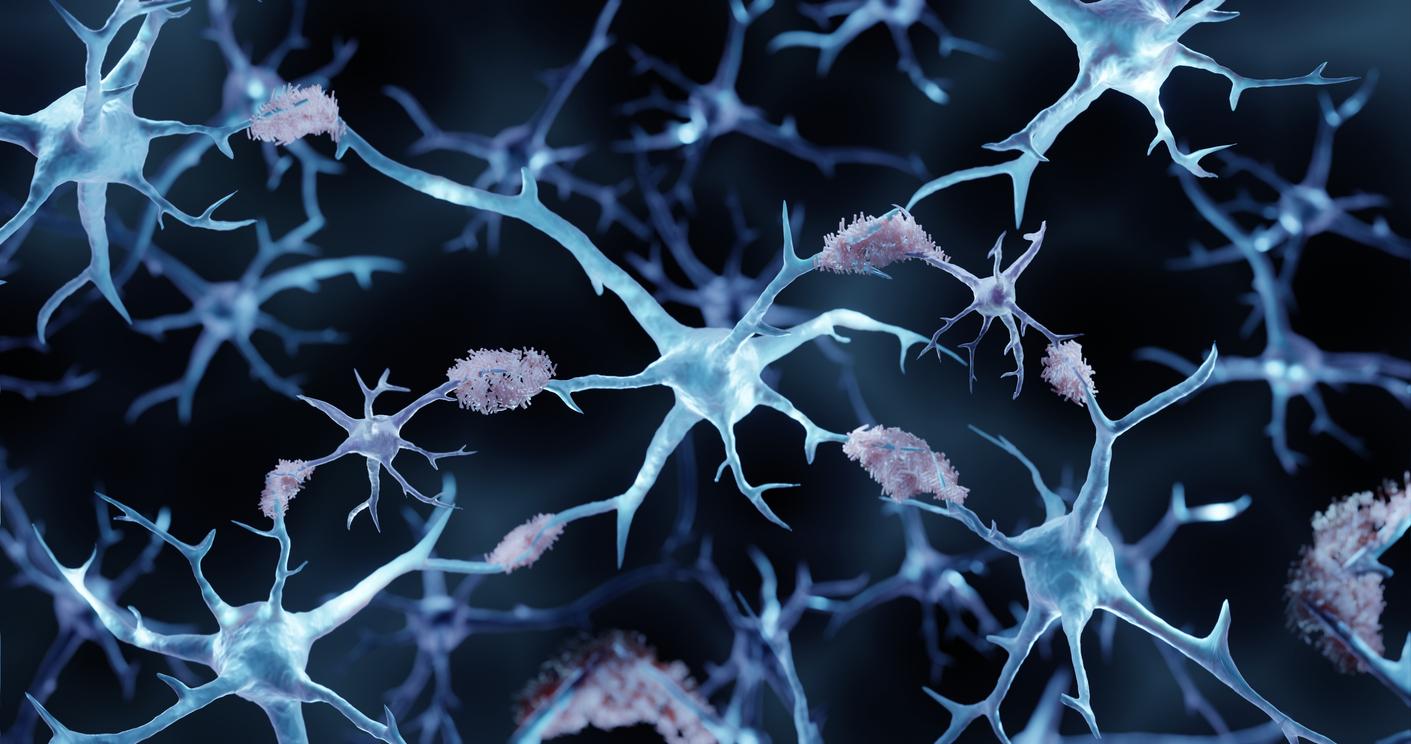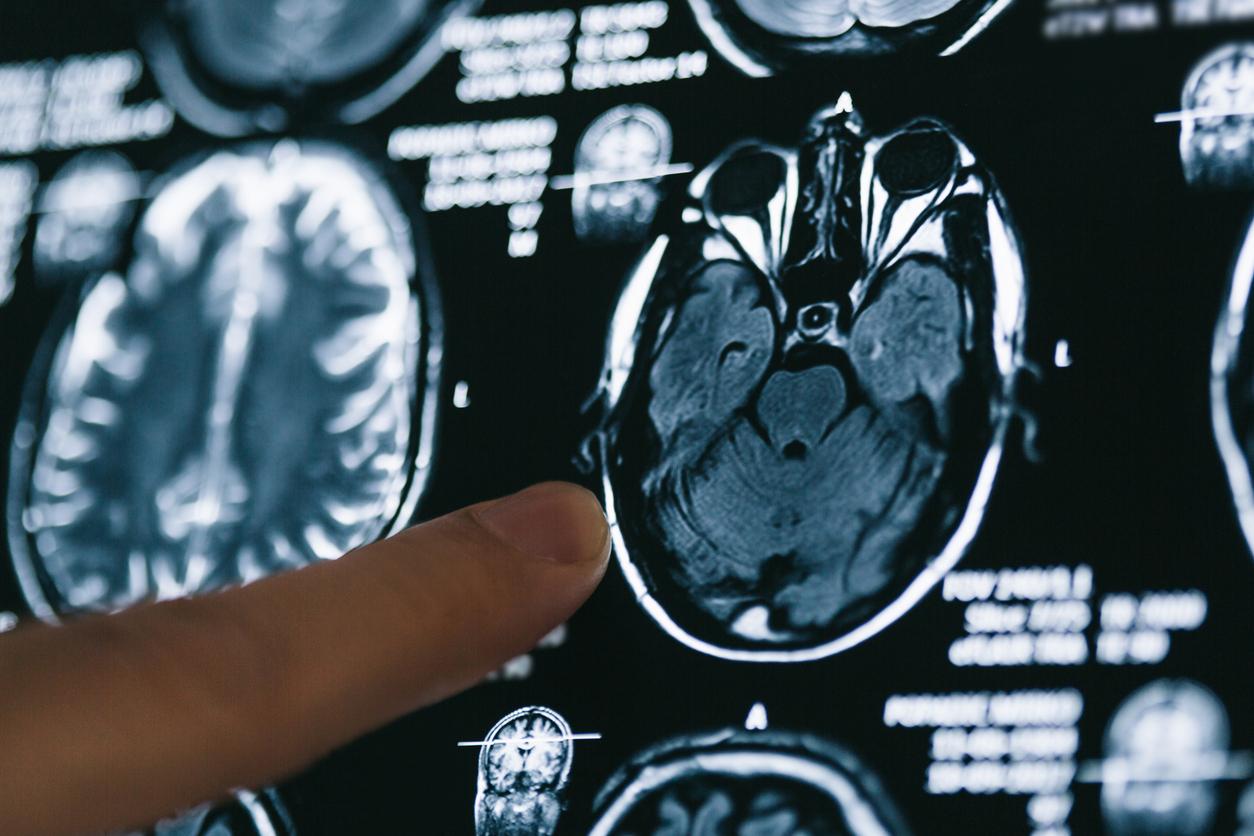Activating a brain protein could help women fight the development of Alzheimer’s disease, a new study suggests.

- A new study suggests that activation of a brain protein, called CYP46A1, may protect women against the development of Alzheimer’s disease.
- The latter allows the elimination of excess cholesterol in the brain by transforming it into an oxidized derivative of cholesterol (24SOH).
- High levels of CYP46A1 are also correlated with the presence of healthier neurons, improved memory abilities and higher estrogenic activity in the female mice studied.
Women are at greater risk of Alzheimer’s disease. The data show, in fact, that out of 25 patients suffering from this neurodegenerative pathology, 15 are female patients. The Karolinska Institute (Sweden) has made a discovery which could help women fight against this pathology.
Their work, published in the journal Science Advances on January 26, 2024, suggest that activation of a brain protein called CYP46A1 may protect against the development of Alzheimer’s disease.
Alzheimer’s: a brain protein protects women’s brains
The brain protein CYP46A1 helps remove excess cholesterol in the brain by converting it into an oxidized derivative of cholesterol called 24S-hydroxycholesterol (24SOH). The researchers wanted to know what happens when levels of this protein increase. To do this, they observed male and female mice.
First observation: an increase in CYP46A1 increases the production of 24SOH. Then, it is correlated in females with the presence of healthier neurons, improved memory abilities and higher estrogenic activity in both old and menopausal rodents. On the other hand, the beneficial effects are not seen in males.
These results support other work showing that high levels of 24SOH in the cerebrospinal fluid of patients with Alzheimer’s disease were correlated with lower levels of markers of the pathology such as tau protein, but only in the women.

Alzheimer’s: an anti-HIV drug to activate the protein?
Faced with this discovery, the team suggests that activation of the CYP46A1 protein increases estrogen activity in the brain of postmenopausal and aged female mice, making this element a potential therapeutic target specific to women. And, good news: the medical world already has a solution to activate it. “Previous research has shown that CYP46A1 can be activated pharmacologically with low doses of the anti-HIV drug Efavirenz”explains Silvia Maioli from the Karolinska Institute and lead researcher of the study in a communicated.
The expert adds: “We believe that targeting cholesterol metabolism with CYP46A1 activators such as efavirenz may offer a new approach to promote estrogen-mediated neuroprotection in women at risk for Alzheimer’s disease.”

















